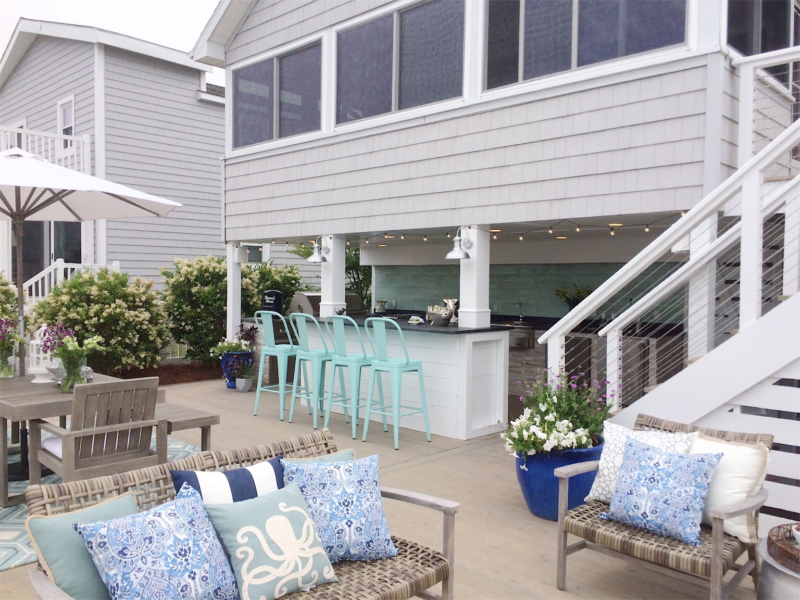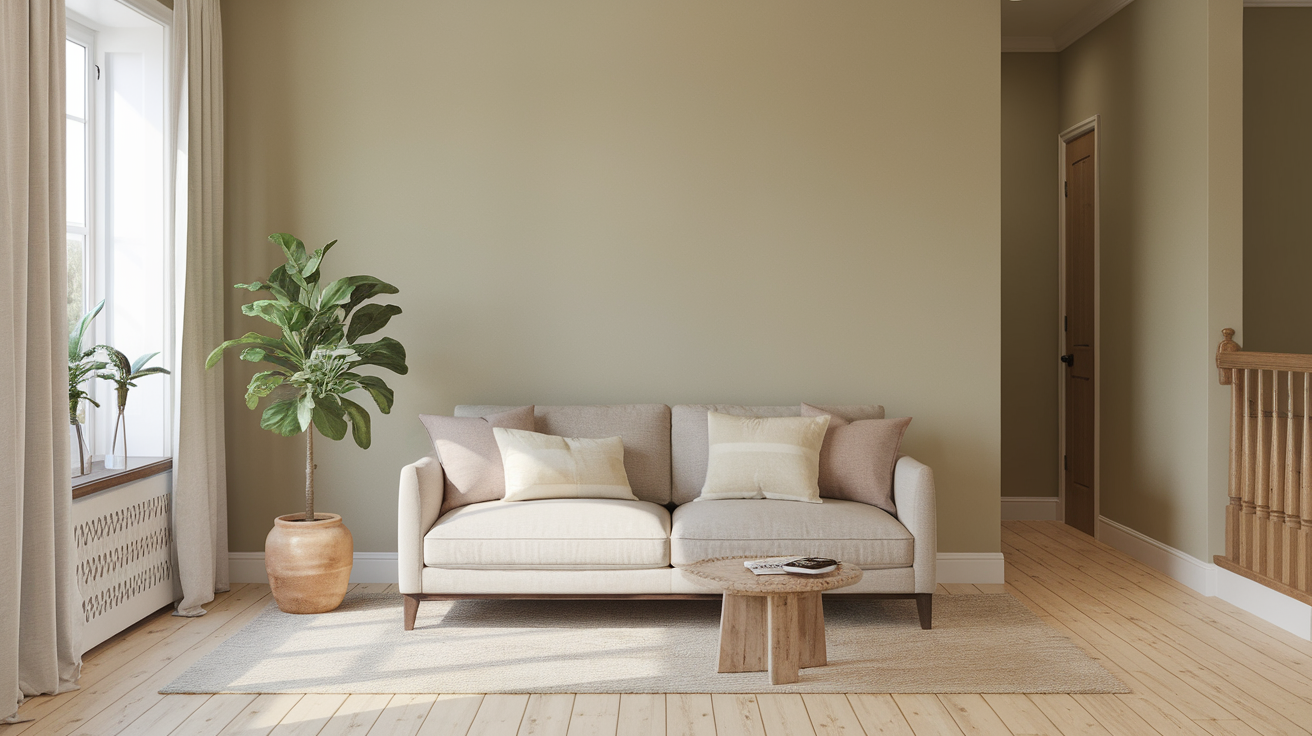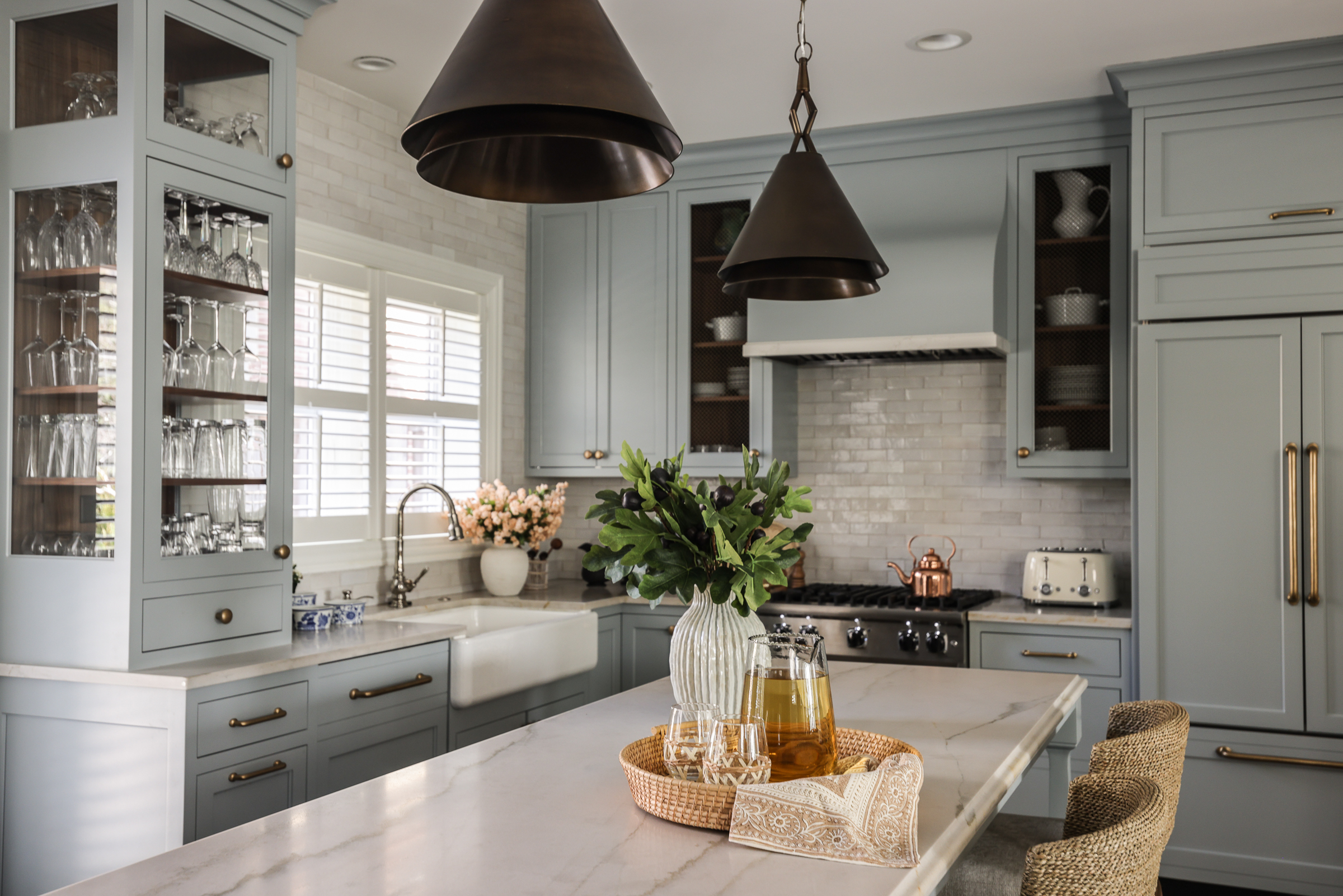Residential Painter: What You Need to Know Before Hiring One

Hiring a residential painter may seem like a straightforward task—until you start researching, comparing quotes, and trying to find someone you can trust with your home. Whether you’re planning to repaint your entire house or just freshen up a few rooms, choosing the right residential painter is essential. A good painter can completely transform your space with skill, precision, and the right materials.
But what exactly does a residential painter do? What qualifications should you look for? How much should you expect to pay? This guide covers everything you need to know, helping you make an informed decision and avoid costly mistakes.
In the next few minutes, you’ll learn what separates professionals from amateurs, how to evaluate quotes, and why surface prep is as important as the paint itself. Whether you’re painting to sell your home or to enjoy a fresh look, this guide is your blueprint for success.
What Does a Residential Painter Do?
A residential painter specializes in painting private homes, both inside and out. Unlike commercial painters, who work on large-scale properties like offices or warehouses, residential painters are trained to handle everything from cozy apartments to multi-story family homes.
Core Responsibilities of a Residential Painter:
- Preparing surfaces (cleaning, sanding, scraping, priming)
- Applying coats of paint using brushes, rollers, or sprayers
- Mixing and matching colors for consistency
- Repairing drywall or minor damages before painting
- Ensuring clean lines and protecting furniture and floors
They are also skilled in choosing the right paint finish for each room—for example, a matte finish for bedrooms, or a high-gloss finish for kitchens and bathrooms where durability is key.
Why Hire a Professional Residential Painter?
DIY painting may save money upfront, but the long-term benefits of hiring a professional outweigh the initial cost. Here’s why:
Benefits of Hiring a Pro:
- Experience & Skill: Professionals know how to avoid streaks, drips, and uneven finishes.
- Time Efficiency: Painting a house can take days or weeks. A pro team can finish the job faster and cleaner.
- Quality Materials: Painters often use high-quality primers and paints that last longer.
- Proper Prep Work: Skipping surface prep is a common DIY mistake—professionals never overlook it.
- Safety: Climbing ladders or working in confined areas can be hazardous. Painters have the right tools and training.
How Much Does a Residential Painter Cost?
The cost of hiring a residential painter varies depending on multiple factors, including the size of your home, the type of paint used, the number of coats required, and the current condition of the walls.
Cost Factors to Consider:
- Size of the Project: Bigger homes or multiple rooms increase labor and materials.
- Type of Paint: Premium or eco-friendly paints cost more but last longer.
- Surface Condition: If walls need repair or extensive prep, the cost will rise.
- Location: Rates differ from region to region, and even between urban and rural areas.
Average Residential Painting Costs:
- Interior painting: $2 to $6 per square foot
- Exterior painting: $1.50 to $4 per square foot
- Hourly rates: $25 to $60 per hour
Get multiple quotes and ask for a detailed breakdown of labor, paint, prep work, and other charges.
Interior vs. Exterior Residential Painting
Interior Painting:
This focuses on walls, ceilings, trim, cabinets, and sometimes doors. It requires attention to detail, especially around baseboards, light switches, and corners. Moisture-resistant paints are ideal for bathrooms and kitchens.
Exterior Painting:
This includes siding, fences, decks, garages, and window trims. Exterior jobs must withstand weather conditions, so painters use specially formulated paints that resist sun, rain, and mildew.
How to Choose the Right Residential Painter
Not all painters are equal. Hiring the wrong one can lead to sloppy finishes, cost overruns, and damage to your property. Here’s how to make a smart choice:
Checklist Before Hiring:
- Verify License and Insurance
- Check Past Work or Portfolio
- Ask for References
- Discuss Timelines and Deadlines
- Request a Written Contract
- Ensure Clear Communication
Ask specific questions like:
- How many coats will you apply?
- Do you clean up after the job is done?
- How do you protect furniture and floors?
Surface Preparation: The Hidden Key to a Flawless Finish
One of the most overlooked aspects of painting is the prep work. A good residential painter will spend just as much time preparing surfaces as they do applying paint.
Common Prep Tasks Include:
- Filling holes or cracks in drywall
- Scraping off old paint
- Sanding rough spots
- Cleaning dirty or greasy surfaces
- Taping off edges and covering furniture
Without proper prep, even the best-quality paint won’t adhere well, leading to chipping or peeling over time.
Common Mistakes to Avoid
Avoiding these pitfalls can save you both time and money:
Mistakes Homeowners Make:
- Choosing the cheapest quote without reviewing scope
- Not checking references or reviews
- Skipping walk-throughs after completion
- Using low-quality paint to cut costs
- Ignoring seasonal timing (exterior jobs in wet months)
When Is the Best Time to Hire a Painter?
Timing matters more than you might think.
Ideal Painting Seasons:
- Spring and fall are best for exterior painting due to moderate temperatures.
- Interior painting can be done year-round but aim for low-humidity days for quicker drying.
Scheduling painters during their off-season may also save money.
FAQs About Residential Painters
Q1: Do I need to move furniture before painters arrive?
Yes, unless agreed otherwise. Most painters appreciate having a clear space to work. Some may help for an additional fee.
Q2: How long will the job take?
Depends on scope. A single room might take 1-2 days, while an entire home could take up to a week.
Q3: Can I stay home while painters work?
Yes, but it may be noisy or involve fumes. For large jobs, some homeowners prefer to stay elsewhere temporarily.
Q4: Is it okay to supply my own paint?
Most professionals allow this, but it’s important to confirm compatibility with their tools and techniques.
Final Thoughts
Hiring the right residential painter isn’t just about getting a fresh coat on your walls—it’s about investing in the look, feel, and value of your home. From prep work to final inspection, every step counts. Take your time researching, ask detailed questions, and never skip a contract.




